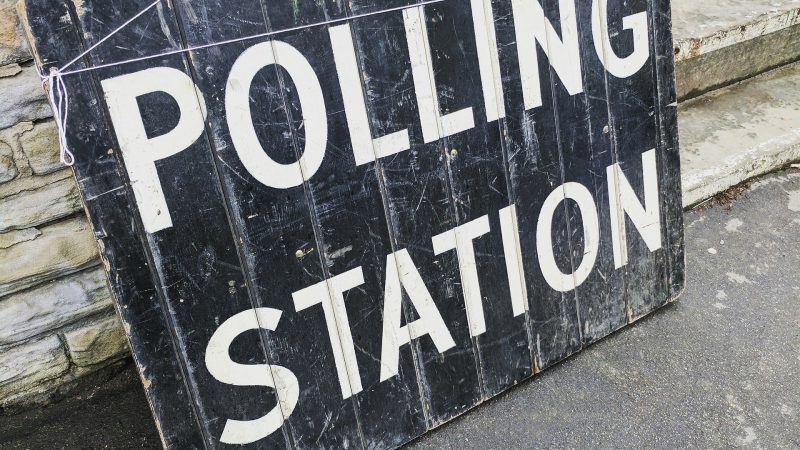Momentum builds for the country to go to the polls to decide who the next prime minister will be.

As the Tory Party is given a week to elect a new leader, the third Conservative prime minister since the last general election, a petition calling for a general election to be held in the UK has amassed over 350,000 signatures.
The petition was launched by The Independent, following the chaos caused by recent political events.
Liz Truss was elected PM by just 81,326 Conservative Party members, a tiny and unrepresentative section of the population. Her abrupt policy changes had no mandate other than from the members who had voted for her.
The Independent describes Truss’s announcement during her resignation speech that a new prime minister would be chosen within a week, as “unacceptable.” The newspaper joins growing calls for voters to decide who should govern the country.
In a synopsis of the petition on Change.org, David Marley, acting editor of The Independent, says:
“Who is leading our country should be decided in a general election, not in the strange bubble of yet another Conservative leadership election.
“It is time for voters to decide who should govern the country and uphold the democratic principles our governing bodies are built on. For this reason, we are calling for a general election now.
“It is a simple and fundamental principle that the government derives its democratic legitimacy from the people. Let them have their say.”
Labour is also calling for voters to have their say on the next prime minister. The party’s leader Keir Starmer has said that his party is ready to deliver an election manifesto “at speed.”
Starmer says the country “cannot have another experiment at the top of the Tory party.”
Members of his shadow cabinet have started to be trained on how to govern by the Institute for Government think-tank, The Independent reports.
The SNP, Liberal Democrats, Plaid Cymru and the Green Party are also calling for an immediate general election.
“We do not need another Conservative prime minister lurching from crisis to crisis, we need a general election,” said Liberal Democrat leader Ed Davey, adding:
“It is time for Conservative MPs to do their patriotic duty, put the country first and give the people a say.”
Nicola Sturgeon, Scotland’s first minister, described a general election in the UK as a “democratic imperative” following the resignation the prime minister.
“This is an almighty mess, and it is people the length and breadth of the UK who are paying the price of this,” she told the BBC.
Can an early general election be called?
Unless a general election is called early, the next one is not due to take place until January 2025.
Only the prime minister on the day has the power to call a general election. This was not the case until very recently. A law was passed in 2011 that removed the prime minister’s power to hold an early election and instead gave control to the House of Commons.
Under the previous rules, an early election could only be held under certain circumstances – such as if two-thirds of MPs agreed to one.
However, the new law known as the Dissolution and Calling of Parliament Act 2022, was introduced by the Tories after they won the 2019 general election.
Now, if a prime minister wants an early election, they must make a “request” to the King to dissolve Parliament. Once Parliament is dissolved, MPs lose their status and campaign to be re-elected.
Polling day would be expected to take place 25 days after an election is called.
However, a prime minister must have the “confidence” of the House of Commons and be supported by the majority of MPs. If a motion of no confidence was put forward, MPs from all parties would vote on whether they want the government to continue. To pass, the motion requires just one more MP voting in favour than against.
If the government loses the vote, a general election would normally be called.
Gabrielle Pickard-Whitehead is a contributing editor to Left Foot Forward
Image credit: Pixabay – mounsey
To reach hundreds of thousands of new readers we need to grow our donor base substantially.
That's why in 2024, we are seeking to generate 150 additional regular donors to support Left Foot Forward's work.
We still need another 117 people to donate to hit the target. You can help. Donate today.



